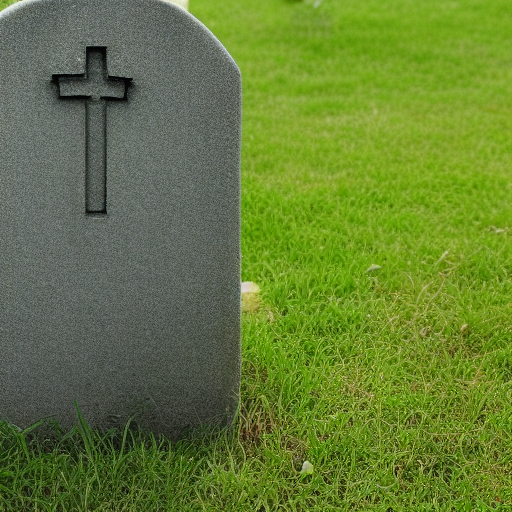The deceased’s outstanding debts don’t get passed on to anyone else. The credit agreement (such as credit card debt, utility bills or council tax debt) is only between the company and the now-deceased person and therefore the debts die. This article explains what happens if you die with debt.
There are a few exceptions to this rule:
- If you share a debt when you die with another person (a joint debt), the other person becomes fully responsible for the unpaid debts
- If there is a guarantor on the account, then that person becomes liable for the debt. However, this doesn’t usually apply to unsecured debts. It’s still good to be aware of this aspect, as there may be other types of debts (priority debts, personal loans) that do have a designated guarantor.
Will I Have to Pay Debt if The Deceased Has No Assets?
If the deceased person’s debts are in one person’s name, that outstanding debt becomes the responsibility of their estate. However, if there are no assets or money to cover the cost of the unsecured debts, then those debts will not be passed on to someone else unless its a joint loan.
If the company can’t recoup debt payments, it’ll likely write off all the debts. This means that any family members not on the account will not be held personally liable. The only time this isn’t true is if there are joint debts or a guarantor on the outstanding debt.
How to Deal with Debts After Death
If the deceased person has left a will, there is a named executor. If there’s no will, an administrator is assigned under the Rules of Intestacy. However, if you need to find out who inherits and may become the administrator after death if there’s no will, use this GOV.UK page for that specific information.
If you need to distribute a deceased person estate, the executor or administrator will first have to apply for probate. In England and Wales, this is called applying for the ‘Grant of Probate.’ The application fee is £273, but this only applies to estates worth more than £5,000. If possible, the cost of the application should be paid through the estate.
Probate is not required if the estate value is zero. If the value is less than £5,000, there’s also no charge. If you have a low income, you can apply for help with the probate fee cost. Estates become insolvent when they have no value (e.g., from the property, insurance, savings or investments) and thus cannot pay their liabilities from these assets alone.
How Long do Creditors Have to Claim on a Deceased Estate?
After an account holder passes away, creditors have six months to claim money that is owed. If you are the executor or administrator of the estate, you will need to get in touch with all debts held by the deceased and manage the collection of those debts. The estate cannot be distributed among beneficiaries until all debts have been recovered.
Can Executors Refuse to Pay Debts?
The executor of the estate cannot distribute assets to beneficiaries until all debts have been paid. If the executor does not pay the unsecured debt and distributes the estate, creditors can come after both the executor and the beneficiaries for the outstanding unpaid balance, even if they were unaware of the debt.
Notify Creditors of the Situation
If you’re the executor, administrator, or family member of someone who has passed away, you’ll need to notify their creditors. You can do this by writing a letter or email to the debt company and any other accounts they held. Let them know that you will contact them with further information as soon as it becomes available. Most companies will be understanding if you keep them updated throughout the process.
By placing a classified ad in the local paper of the deceased person’s, you can notify any creditors of the death and provide information. It is recommended to give them approximately two months before taking further steps. Although, it’s important to know that even if you weren’t aware of its existence, you are liable for any debts up to the value of the estate. The advert will serve as evidence that You took measures to notify all possible creditors.
Get Help Distributing the Estate, Even When There is No Money
When dealing with a deceased person’s estate, it is important to seek professional help in order to avoid any potential complications or stress. A solicitor or probate specialist can assist you with this process and ensure that everything goes smoothly. If you are unable to hire a professional, be sure to at least speak with debt advisors who can give you guidance on what steps to take next and any costs involved or legal obligation.
Debts After Death – Key Points
- If the debt collector cannot collect from the deceased, then it becomes the responsibility of the estate.
- If the estate doesn’t have any money (an insolvent estate), the debt is usually written off.
- To make sure the debt is paid off, you should take the necessary steps to do so through the estate if possible.
- Beneficiaries will only receive their inheritance after all creditors have been paid.
After a death, dealing with the debt that is left behind can be daunting. However, asking for help will ensure that everything is taken care of correctly. For free debt advice contact us on 0800 169 1536 or leave an enquiry on our website.








